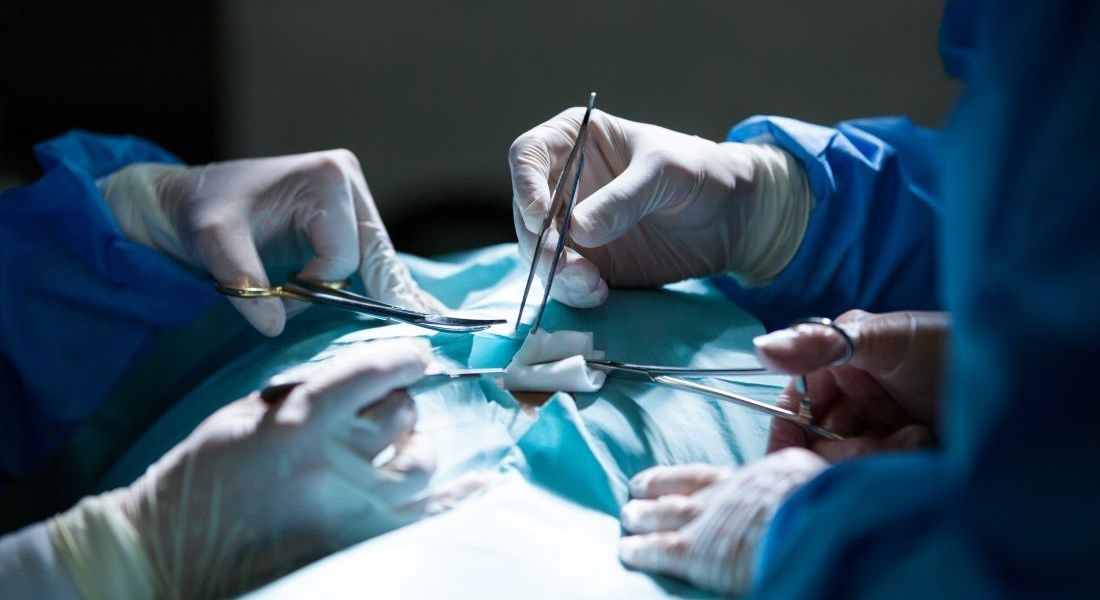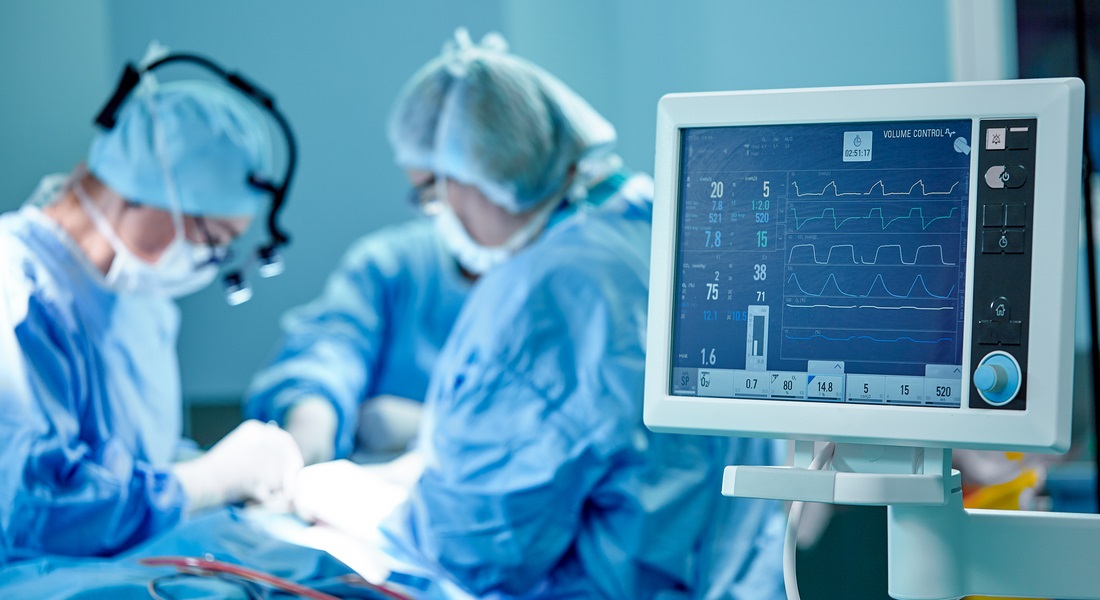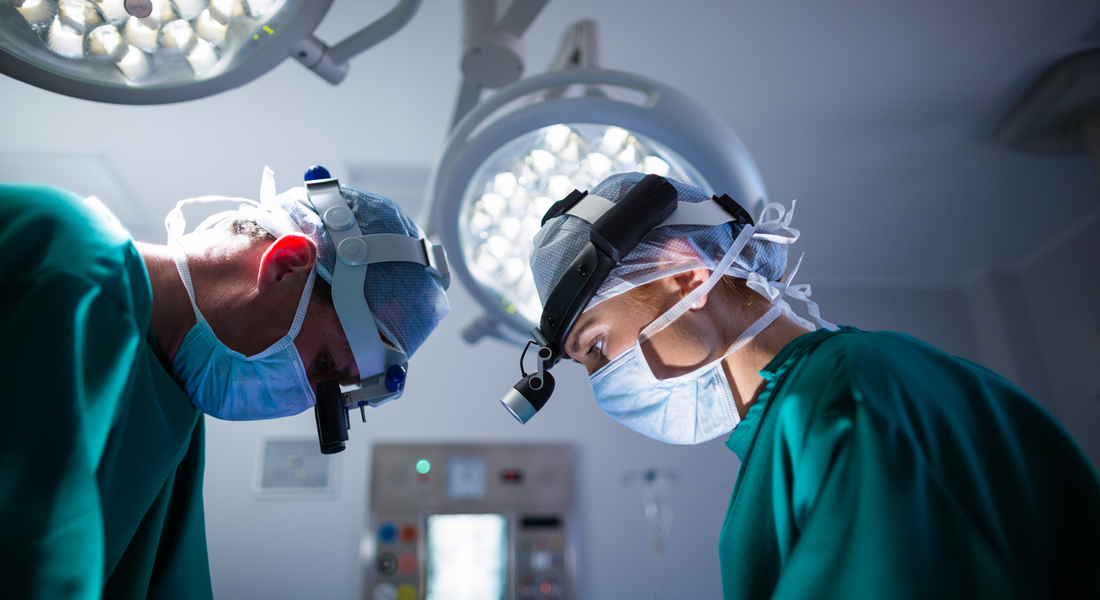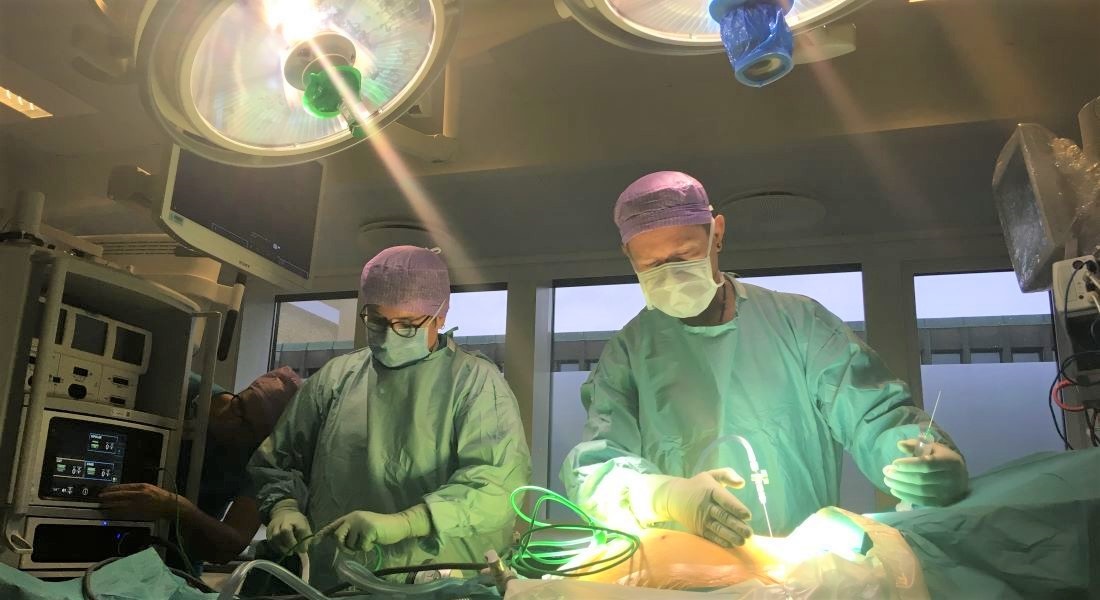Surgical Sciences
The Graduate Program in Surgical Sciences is a program under the Graduate School and is aimed specifically to graduate students in the field of surgical research science. Our vision is to create a graduate program that can facilitate science in the surgical field within the highest international level. Through courses and facilitation of research activities and networking, we want to make sure that the future scientists improve treatment for patients within the surgical field. Our aim is therefore to build a platform for surgical scientists, where students and supervisors benefit from a scientific environment of the highest level.
We want:
- To facilitate expert administrative guidance to our PhD students.
- To facilitate scientific and scholarly excellence.
- To offer courses targeting surgical scientists.
- To strengthen networks between universities, research institutions and industry.
- To organise workshops and conferences.
- To support the interaction between graduate students in the different fields of surgical research science.
- To promote internationalisation through collaboration with PhD schools abroad.
Members of the steering committee for Surgical Sciences
Representing Professor
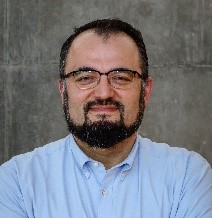 Professor Ismail Gögenur (Email)
Professor Ismail Gögenur (Email)
I am dedicated to the development and implementation of new surgical treatments as well as teaching. My research activities have primarily focus on surgical pathophysiology. A major focus is on the developing treatment strategies in the perioperative period in order to improve short and long-term oncological outcome.
Gastrointestinal Surgery
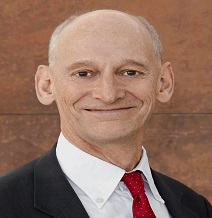
Professor Lars Nannestad Jørgensen (Email). Professor of surgery and head of research at the Digestive Disease Center at Bispebjerg Hospital. Main scientific areas include surgical wound healing, complex abdominal wall hernias and postoperative complications. Involved as vice chairman of the Danish Hernia Database and international collaborative work on registries and clinical studies. Completed Danish multicenter studies on minimally surgical techniques in elective benign surgery.
MD, PhD Mahdi Alamili (Email)
Cardiothoracic Surgery
Professor Rene Horsleben Petersen (Email)
Vascular Surgery
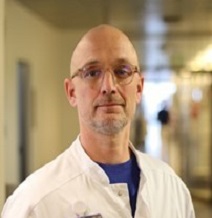 Associate Professor Jonas Eiberg, MD, Ph.D. (Email)
Associate Professor Jonas Eiberg, MD, Ph.D. (Email)
Jonas Eiberg is senior consultant in vascular surgery. Main research areas are simulation based education of vascular surgeons, risk prediction of abdominal aortic aneurysms and advanced 3D-ultrasound. Past chairman of the ESVS Academy, the world's fastest growing educational event within vascular surgery. For several years, managing Europe’s largest outpatient’s clinic and has received formal education in clinical as well as in research management. Jonas Eiberg is the current chairman of the Danish Society of Vascular Surgery, responsible for vascular training at CAMES, supervisor several PhD thesis’s, and author of app 70 peer-reviewed publications.
Plastic Surgery
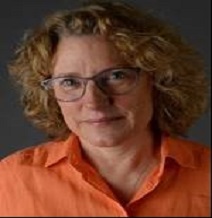 Professor Lisbet Rosenkrantz Hölmich (Email
Professor Lisbet Rosenkrantz Hölmich (Email
Head of the Research Unit at dept. of Plastic Surgery. Chairman of the Danish Melanoma Group and Database and board member of the Danish Breast Cancer Group and the Danish Multidisciplinary Cancer Groups. Main interest is quality in cancer surgery and focus is on melanoma and non-melanoma skin cancer and breast cancer; methods are clinical, translational, and register based studies. Special focus on new methods for diagnosis, follow-up and identification of recurrence. Specific areas include breast reconstruction and breast implant complications, lymphedema, abdominal wall reconstruction a.o.
Urology
Clinical Associate Professor Peter Busch Østergren – Result – University of Copenhagen
Gastroenterology and Hepatology
Professor Palle Bekker Jeppesen (Email) and Associate Professor Jakob Seidelin (Email)
Anesthesiology
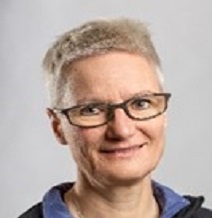 Professor Kirsten Møller (Email)
Professor Kirsten Møller (Email)
As a young wannabe anaesthesiologist / intensivist, Kirsten inadvertently acquired extensive training in infectious diseases at Rigshospitalet’s Department of Infectious Diseases, while conducting the research that earned her a PhD in 2001 and a doctoral degree in 2007. She eventually specialized as an anaesthesiologist in 2007 and as an intensivist 2011, and hasn’t anaesthetized anybody for years. Since 2014, she has served as a Professor of Neuroanaesthesiology at the University of Copenhagen and as a consultant at the Department of Neuroanaesthesiology at Rigshospitalet. Her research focuses on understanding the physiology and pathophysiology of acute brain injury, using multimodal neuromonitoring.
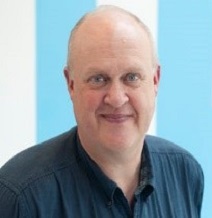 Professor Ole Mathiesen (Email)
Professor Ole Mathiesen (Email)
Professor in Anaesthesiology with a special focus on postoperative pain treatment. Consultant, Department of Anaesthesiology, Zealand University Hospital Køge. My main research focus is on optimized postoperative pain treatment documenting benefit and harm of combinations of analgesics for postoperative pain and rehabilitation. This includes a number of large RCTs and systematic reviews with meta- and trial sequential analyse
s to establish evidence-based treatments.
Ophthalmology
Clinical Associate Professor Marie Krogh Nielsen – Result – University of Copenhagen
Ear, Nose & Throat Surgery/Otorhinolaryngology and Maxillofacial Surgery
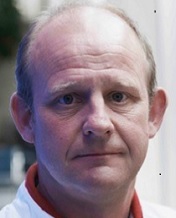 Professor Preben Homøe (Email)
Professor Preben Homøe (Email)
Preben Homøe, professor in Otorhinolaryngology with interest in evidence based surgery and quality of life and epidemiology within a wide range of the ORL disease spectrum. I have experience in patient related outcome measures, and questionnaires and validation. I have performed research in Greenland since the early 1990’ies and have therefore experience in field studies.
Find more information about guidelines for application form, funding, rules and regulations, courses, study structure, and application form visit the Graduate School of Health and Medical Sciences.
Keep up with the requirements to obtain a PhD degree in Surgical Sciences from the Faculty of Health and Medical Sciences.
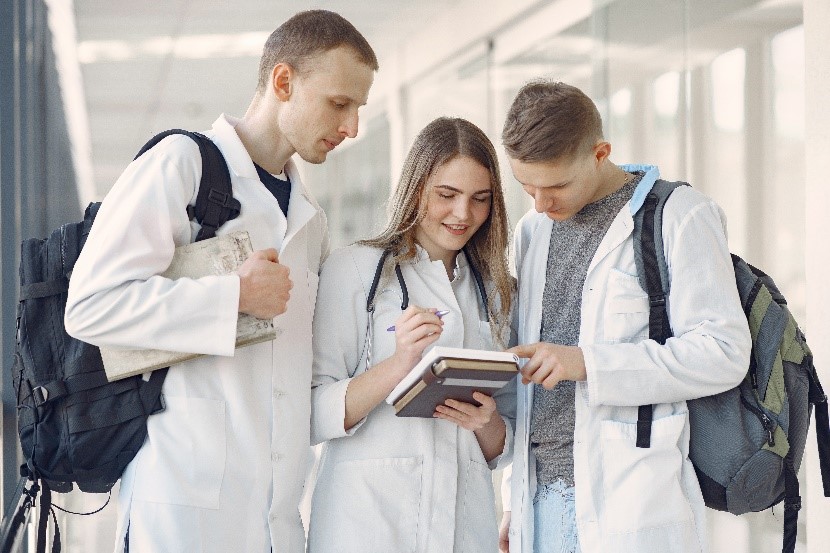
It is highly recommended to participate in the various Surgical Sciences activities, workshops, seminars, and courses. We highly recommend that you participate in the PhD course “Surgical Pathophysiology” during the graduate studies
All supervisors are highly recommended to join the PhD Supervision courses. The Graduate School offers two PhD supervision courses: “Rules and regulations (online)” and “Advice, tools, and practices”. It is mandatory for all principal PhD supervisors to participate in “Seminar in Responsible Conduct of Research”. As of 1 January 2020, it is mandatory for all principal PhD supervisors to complete PhD supervision: “Rules and regulations (online)”. As of 1 January 2021, all new principal PhD supervisors at SUND are required to complete PhD supervision: “Advice, tools and practices” within the first year of supervising a PhD student.
Find more information about the courses.
Successful supervision
Successful supervision plays a crucial role in the PhD study. Find tips to a great start and more inspiration from the University’s “To Lead the Way” booklet, which concerns the relationship between supervisors and PhD students.
Regular assessments
During the PhD programme, the PhD student must submit three regular assessments. The assessments provides an opportunity for the PhD student to discuss and reflect on the PhD project and get feedback from the supervisors. Find more information about the assessments.
Meet our students
What are our students focusing on? Below you may find some examples:
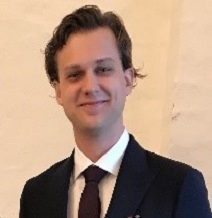 Jesper Høiberg Erichsen (email)
Jesper Høiberg Erichsen (email)
Department of Ophthalmology, Rigshospitalet – Glostrup
Principal supervisor: Line Kessel, Consultant, Associate research professor, Ph.D. FEBO
Co-supervisor: Lars Morten Holm, Consultant, Associate professor, Ph.D. FEBO
Specialty: Ophthalmology
PhD Project title: Optimizing safety and use of resources in cataract surgery - a Ph.D.-thesis.
Abstract: Short description of the different aspects of your PhD project. Tell about your hypothesis and elaborate on the different methods you are using in your research.
The purpose of the Ph.D.-project is to optimize anti-inflammatory prophylaxis administered in relation to cataract surgery. Cataract surgery induces an inflammatory response. It is debated which anti-inflammatory regimen is best. In particular, the use of non-steroidal anti-inflammatory drug (NSAID) eye drops is contested, even though evidence suggests that NSAID eye drops are more efficient than the alternative – glucocorticoid (“steroid”) eye drops. NSAID eye drops are recommended in Denmark, but is it advantageous to combine steroid and NSAID eye drops and should prophylactic treatment be initiated several days before surgery or on the day of surgery?
Another option for administering anti-inflammatory prophylaxis is to place a depot of steroid during cataract surgery. This would potentially eliminate the need for eye drops which many patients have difficulties using. However, the efficacy of dropless prophylaxis has not been tested against NSAID eye drops.
The PhD study is based on a large (n=470), investigator initiated, single-site, randomized controlled trial comparing efficacy and safety of five different regimens for anti-inflammatory prophylaxis.
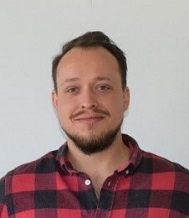 Lasse Andersson Kvich (email)
Lasse Andersson Kvich (email)
Surgical Department, Zealand University Hospital & Department of Immunology and Microbiology, Costerton biofilm Center, University of Copenhagen
Supervisors:
Ismail Gögenur, Professor, DMSc, MD, Surgical Department, Zealand University Hospital
Thomas Bjarnsholt, Professor, dr. med & Ph.D, Department of Immunology and Microbiology, Costerton biofilm Center, University of Copenhagen
Specialty: Surgery
PhD Project title: Molecular and Visual Characterization of Bacteria in Patients with Colorectal Cancer
Abstract: Colorectal cancer (CRC) is a genetic disease resulting from mutations, which follow well-established molecular pathways. Recently, several studies have linked the gut microbiota to CRC carcinogenesis. Microbial imbalance (dysbiosis) and known bacterial drivers play a significant role in inducing genomic mutations in human cells and/or exacerbate tumor-promoting inflammation.
The aim of this PhD project is to investigate the bacterial role in CRC carcinogenesis with visual and molecular approaches, focusing especially on two well-described CRC-drivers: Bacteroides fragilis and Fusobacterium nucleatum. In situ characterization of the bacteria (i.e. what they are doing, how they respond to treatment and how they interact with human cells) will improve our understanding and lead to new strategies to treat and predict development of cancer.
Tissue biopsies and stool samples collected from healthy subjects and patients with CRC serve as the basis for the analysis. Bacteria and their structural composition, including biofilm, will be visualized by means of advanced microscopy (Fluorescent In Situ Hybridization) where species and genus levels can be visualized with fluorescent probes. This, combined with 16s rRNA sequencing, will allow us to investigate if there is a bacterial “fingerprint” that is correlated to either treatment or disease. At the same time, transcriptomic analysis of both bacteria and human cells will help elucidate whether there is a pattern of gene expression that correlates to either treatment or disease. Our hope is that the results will yield as diagnostic or prognostic markers for patients with CRC.
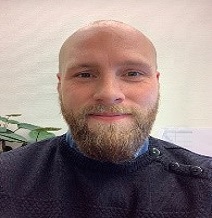 Morten Peter Rosenberg Eskildsen (email)
Morten Peter Rosenberg Eskildsen (email)
Department of Gynecology and Obstetrics, Nordsjællands Hospital, Hillerød
Main supervisor: Ellen Løkkegaard, Professor, Consultant, PhD, Department of Gynecology and Obstetrics, Nordsjællands Hospital, Hillerød.
Main co-supervisor: Otto Kalliokoski, Assistant Professor, Department of Experimental Medicine, University of Copenhagen, Copenhagen.
Co-supervisor: Annette Settnes, Consultant, PhD, PhD, Department of Gynecology and Obstetrics, Nordsjællands Hospital, Hillerød.
Co-supervisor: Marie Bønnelycke, MD, PhD, Department of Pathology, Rigshospitalet, Copenhagen. Co-supervisor: Rasmus Lundquist, Chief Scientific Officer, Reapplix A/S, Birkerød
Specialty: Gynecology and Obstetrics
PhD Project title: An autologous blood-derived patch, as perioperative adhesion prophylaxis and hemostasis in surgery
Abstract: Two well-known complications to surgery are post-operative adhesions and perioperative bleeding. Both complications have vast consequences for the individual patient and for society/health care system. The complications cause increased morbidity and have short-term influence on length of hospital stay. Adhesions additionally have long-term consequences such as infertility, pain and small bowel obstructions. Currently the available adhesion preventive and hemostatic interventions are synthetic materials and/or products made from animal tissue. This project is centered around regenerative medicine and development of knowledge on utilization of the patient’s own (autologous) blood and healing capacity. Through animal models of postoperative adhesions and perioperative bleeding, the patch will be tested, further developed and evaluated. The primary assessment will be accomplished using an adhesion score and a histology score and all changes will be assessed blinded. To accomplish the aims of the project a series of animal studies are performed. The main objectives of the project comprise: - Histopathological characterization of adhesions and lesions causing adhesions with and without the autologous patch. - Validation of the use of ultrasound as a non-invasive diagnostic tool of adhesions in animal models. - Validation of the blood-derived patch as a clinically useful product for adhesion prophylaxis and/or local hemostasis in animal models (rats and pigs) The findings will be disseminated at scientific conferences and in international peer-reviewed journals. Positive as well as inconclusive and negative results will be published.
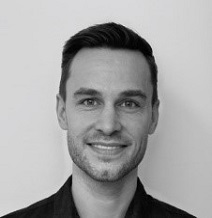 Nicolai Sandau (email)
Nicolai Sandau (email)
Centre for Evidence-Based Orthopedics, Department of Orthopedic surgery, Zealand University Hospital
Supervisors:
Prof. Stig Brorson, MD, PhD, DMSc, Centre for Evidence-Based Orthopedics, Department of Orthopedic surgery, Zealand University Hospital
Prof. Asbjørn Hróbjartsson, MD, PhD., Centre for Evidence-Based Medicine Odense, University of Southern Denmark and Odense University Hospital
Prof. Ian Harris, MBBS, MMed(Clin Epi), PhD., Whitlam Orthopaedic Research Centre, Ingham Institute for Applied Medical Research, South Western Sydney Clinical School, University of New South Wales, Australia
Specialty: Orthopedic surgery
PhD Project title: Can differences in the methodological quality of meta-analyses lead to conflicting conclusions?
Abstract: For the past decade the publication of meta-analyses has seen an almost exponential growth which has led to an increase in overlapping meta-analyses that evaluate the same interventions. These overlapping meta-analyses often report conflicting results and conclusions, thereby potentially creating more dissensus than consensus. The aim of this PhD-project is to investigate what causes these overlapping meta-analyses, with access to the same trial results, to report conflicting results and conclusions. One hypothesis is that differences in methodological scenarios can lead to discordant results. We test this hypothesis using a diverse set of research methods ranging from meta-epidemiological studies to developing complex algorithms that can simulate millions of methodological scenarios. Using a combination of empirical and simulated data creates a unique opportunity to elucidate how specific methodological scenarios can lead to conflicting results and conclusions.
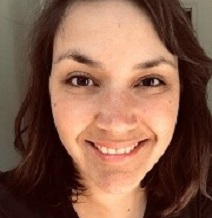 Sandra Miriam Kawa (email)
Sandra Miriam Kawa (email)
Copenhagen Prostate Cancer Center, Department of Urology, Rigshospitalet.
Supervisors:
Klaus Brasso, Professor, PhD., Copenhagen Prostate Cancer Center, Department of Urology, Rigshospitalet.
Andreas Røder, Professor, PhD., Copenhagen Prostate Cancer Center, Department of Urology, Rigshospitalet.
Specialty: Surgery
PhD Project title: Who needs prostate biopsies?
Abstract: The overall objectives of this PhD thesis are to define who benefits from prostate biopsies, who are the optimal candidates for prostate MRI prior to biopsies for suspicion of prostate cancer and who should undergo re-biopsies for continuous suspicion of prostate cancer after a first non-malignant prostate biopsy-set.
First, a systematic review regarding mortality following negative prostate biopsies to estimate prostate cancer-specific mortality in population-based cohorts. Then an analysis of the Danish Prostate Cancer Registry (DaPCaR), a population-based registry including all men who underwent any histopathological assessment of prostate tissue merged with national registries on patient level. The risks of having clinically significant prostate cancer in the first prostate biopsies with the results presented as a prediction tool to use in the clinical setting. Finally, the risk of subsequently diagnosis of prostate cancer and prostate cancer-specific mortality after the first negative prostate biopsies in a 20-year follow-up. A prerequisite for these analyses was to do a 5-year update on DaPCaR.
The hypotheses were that men with negative prostate biopsies had a low risk of dying from prostate cancer, especially men with PSA < 10 ng/ml. Men with low PSA 4-10 ng/ml would be optimal candidates for pre-biopsy MRI to potentially avoid unnecessary prostate biopsies i.e. negative biopsies, if the prostate MRI was benign. Men with PSA > 20 ng/ml have a high risk of having clinically significant prostate cancer and would not benefit from pre-biopsy MRI. If these men had negative prostate biopsies, these men should undergo re-biopsies.
Did you know?
- Statistical Aid
The Section of Biostatistics, Department of Public Health is offering a new type of statistical consultancy for Ph.D. students and employ at the Faculty of Health and Medical Sciences.
- PhD course
In the course catalogue of the Graduate School you can search for the course titles and find out when they are on next. Make sure you also check the national course catalogue (Phdcourses.dk) and the Scandinavian PhD course catalogue (Nordochealth.net).
Surgical Sciences host PhD courses that are highly relevant in field of surgical science and research.
Besides the PhD courses, the programme also hosts an annual meeting.
- PhD Study abroad
A change of research environment during your PhD programme is a requirement according to the PhD Order, and there are no exceptions to this requirement.
Studying abroad has many benefits, both professionally and personally: You broaden your intercultural understanding, you are introduced to different study methods, and you obtain new knowledge and new insights.
One of the main objectives of studying abroad is to broaden your academic knowledge and network. It is a good idea to seek advice from your supervisors and other PhD student when planning your studies abroad to find out where to go and how to structure your academic programme.
- Individual Career Development Plan
PhD student and supervisor are recommended to set short-term and long-term objectives for career plan. The Career Development Plan is a guidance on some of the competencies expected, ie. Skills, management, communication, course work etc.
- Supervision and regular assessments
Supervision plays a crucial role in the PhD study. Both the PhD student and the supervisors have role to contribute to a successful academically learning process in the particular field and how to manage research processes. Read more about supervision and regular assessments.
- Surgical Sciences group on Facebook
Would you like to meet other students enrolled in Surgical Sciences, discover more about their research and exchange experiences and tips? Join the newly created group on Facebook, dedicated to past and current students of our programme. Visit here: Surgical Sciences - Graduate Programme UCPH | Facebook
Improve presentation skills
Dates for 2025: TBA
Start Writing!
Dates for 2025: TBA
Challenges in the Randomized Clinical Trial
Date: 30 September 2025
Surgical Sciences Yearly Meeting
Date: 27-28 November 2025
Content: Find more information in the programme
Registration: Please register here
Events Surgical Sciences
Contact
Head of Graduate Programme
 Professor Ismail Gögenur
Professor Ismail Gögenur
Email: igo@regionsjaelland.dk
PhD Coordinator
 Tove K. Clausen
Tove K. Clausen
Email: tokc@regionsjaelland.dk
Administrative contact
Anne Dalsgaard Hansen
Email: adha@regionsjaelland.dk

